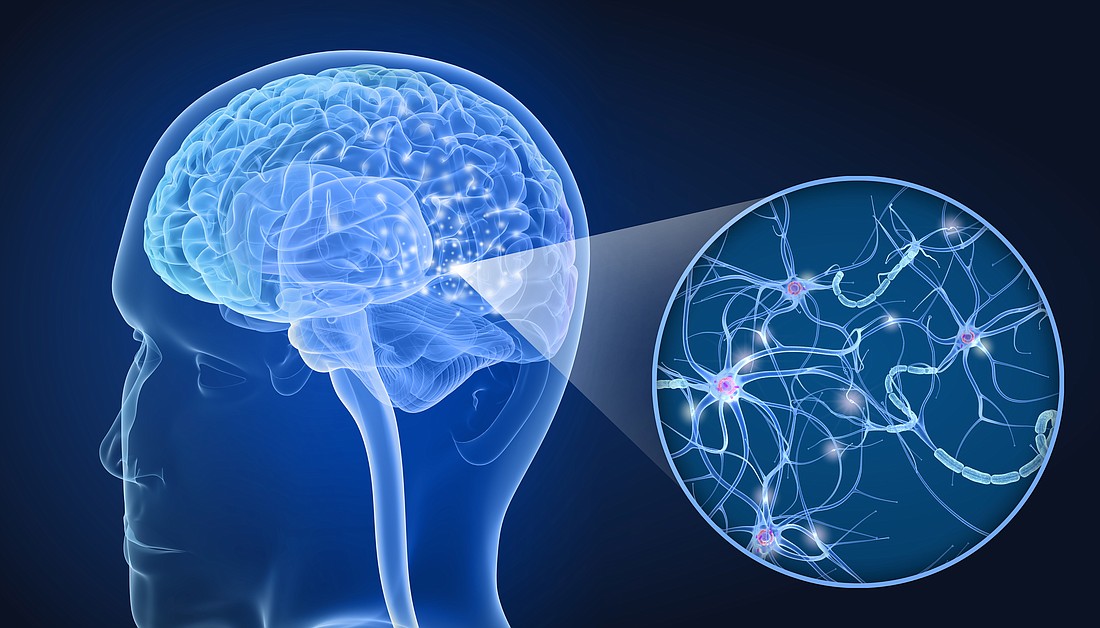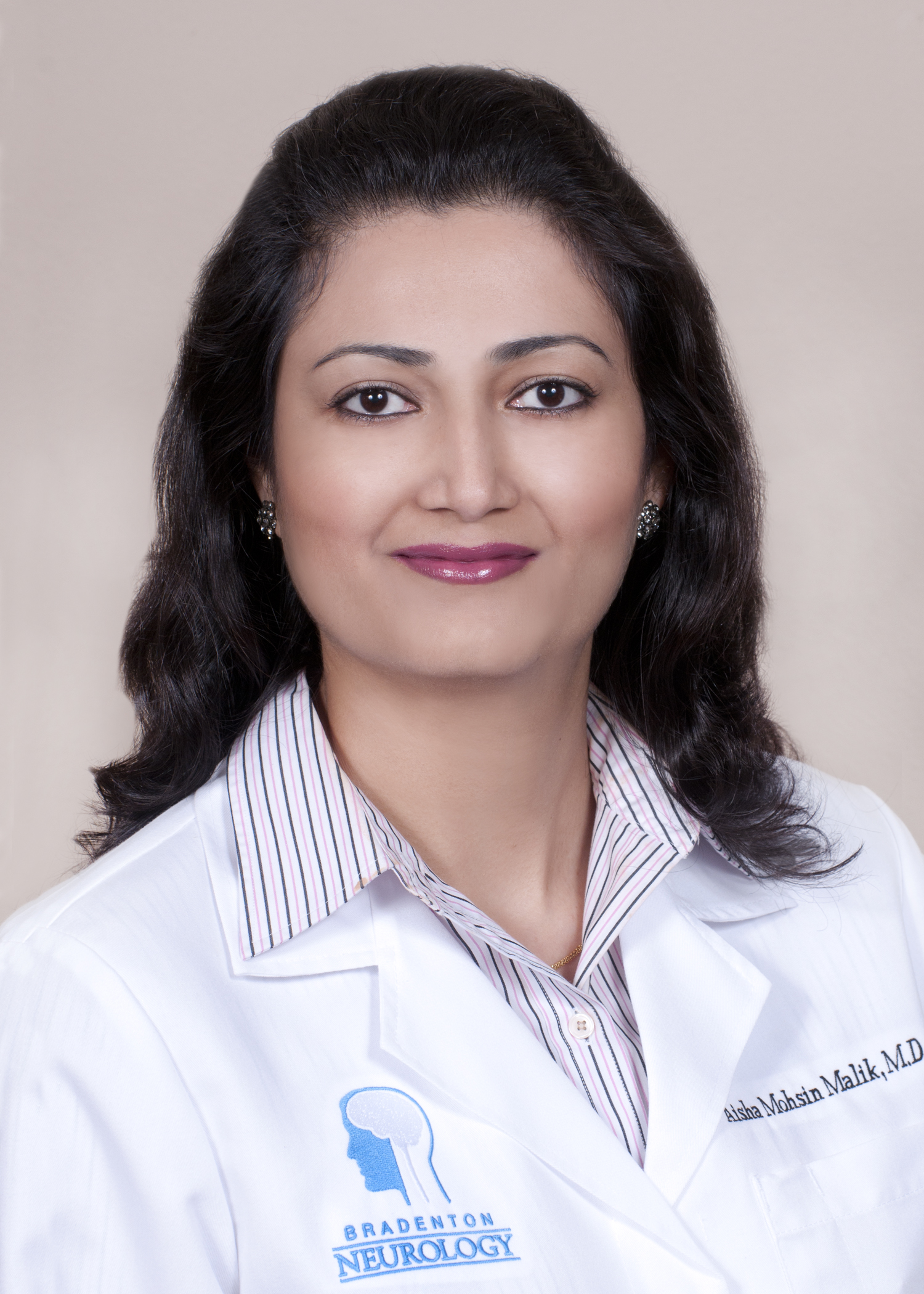- April 23, 2024
-
-
Loading

Loading

You’re Not Alone
If you have been diagnosed with epilepsy, you’re not alone. Epilepsy is a common neurological condition. About 150,000 adults, adolescents and children are newly diagnosed with epilepsy each year.*
What Is Epilepsy?
Also known as seizure disorder, doctors have described more than 30 different types of seizures.* Under normal circumstances, the brain cells communicate with one another through electrical activity. In epilepsy, this usual pattern of activity is disturbed.
What Happens During a Seizure?
Many neurons fire (signal) at the same time, causing a surge of excessive electrical activity. * The clinical manifestations of seizures depend on where they arise in the brain.
Possible Experiences During Seizure:
Causes of Possible Epilepsy or Seizure Disorder:
For up to about half of people diagnosed with epilepsy, a cause is unknown. *
Sometimes people experience non-epileptic seizures (unrelated to abnormal electrical brain activity.) Pyschogenic seizure, for example, may be brought on by stress or trauma. It’s important for an individual’s seizures to be properly diagnosed so that an appropriate treatment plan can be developed. *
Diagnosing Epilepsy/Seizure Disorder
Electroencephalogram (EEG) monitoring is considered the “gold standard” for diagnosing the “type of seizure.”
During EEG “brain wave” patterns are monitored and recorded. The test provides your doctor with valuable information about your particular type of seizure. A complete medical history is taken and blood work is also performed.
Treatment Recommendations
Treatment is based on an individual’s medical history as well as the type of seizure. Medication therapy is usually the first line of defense in seizure treatment.
For those who don’t respond to medication, advanced therapies, such as Vagus nerve stimulation and responsive stimulation may be an option, as well as dietary therapy, clinical trials and surgery. Your doctor will go over all of your options in detail.
*Source: National Institute of Neurological Disorders and Stroke For language assistance, disability accommodations and the non-discrimination notice, visit our website.
Dr. Malik is board certified in clinical neurophysiology and neurology.

For Appointments, call: 941.746.3115.